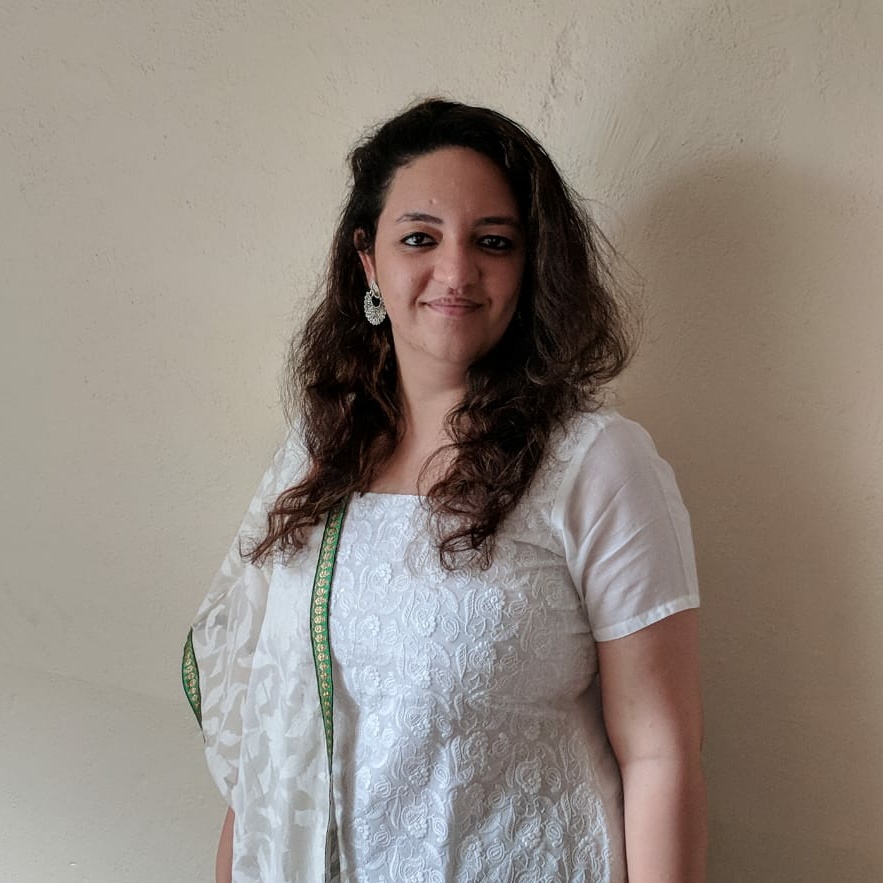“Home was not built in a day” & I think I speak for everyone when I say, “It takes a lot to build a secure space for children to bloom”. With the focus usually being on providing young people with appropriate and safe physical spaces, one must also focus on providing children with emotionally supportive environments. And it takes all the adults, not just the parents, that stay within the home to build that space.
Some of the best international schools in Mumbai will have regular large group interactions with the parents to provide them with opportunities to discuss their challenges in the area of parents. School counsellors would vouch that parenting is not a direct and straight route with a one size fits all formula. Most parents experience it for the first time and they figure things out with trial and error. Katie Hurley (2016) explains that emotionally secure homes help to build high resilience and grit among young children, along with demonstrating lesser whining and complaining. Emotional strength is gradually built along with self-confidence.
Listed below are a few ways in which a home could be made to be emotionally healthy:
-
Provide opportunities for emotional expression & validating everyone’s feelings Providing opportunities for children to express and use emotional vocabulary would work wonders for children. Avoid dismissing their authentic experiences by using words such as, “Don’t worry”, “Stop crying” or “Don’t be angry”. It is usually noticed that anger is an emotion that most parents feel unsure how to manage. Children may indulge in screaming, temper tantrums or even crying while expressing their anger if they lack the vocabulary for talking about what made them angry. Directing them to visual displays of managing their anger and probably putting up feeling words somewhere in their room would be beneficial for the child to learn. In some of the best international schools in Mumbai emotional vocabulary building is encouraged by the counsellors. There are multiple visual displays of emotional words and strategies to cope with difficult emotions.
-
Talk about the difficult stuff Discussions around mental health struggles, burnout, and medical illnesses are necessary to be had. While the intensity of the content discussed in the child’s presence should be filtered, this helps the child understand that ups and downs are a part of human existence and it is okay to feel scared and vulnerable. Further, establishing and respecting boundaries around one’s physical and emotional behaviour becomes an important yet difficult point of conversation. Infact, the key point of it all is that the adults in the home role model the boundaries as well as respect the boundaries of the youngsters. For example, if a child is not upto hugging a guest, do not force them to do it. In case, a child feels repeatedly forced to do things that they do not enjoy, they may later struggle with assertiveness and decision-making, probably constantly seeking validation for their choices. For older teens, providing them with privacy and asking for permission becomes a key part of the relationship they share with family members.
-
Establishing clear rules Role modelling by parents and others in the home when it comes to rules becomes the key. Home rules could range from no yelling, no name calling, using the words ‘please’ & ‘thank you’, to larger boundary related rules such as knocking on doors before entering, having one meal together as a family, no use of phones during an identified time. Each family would be able to identify what are some things that they would all like to see within themselves as values, define the rules around it and then implement them.
-
Communicating clear consequences Rules and consequences go hand in hand. Therefore, whenever discussions of rules take place within the family, ensure to state out clear consequences ahead of time for when these rules are broken. Further, consequences apply to all including the house helps & extended family. Consequences for individuals based on seniority or relation/ status may create confusion for the young child who is trying hard to understand rules. Counsellors from the best schools of Mumbai would emphasize that shaming is an incorrect method of consequences. Instead of calling the child bad, focus on calling the behaviour bad or unacceptable.
-
Demonstrating healthy conflict resolution Parents must ensure that apologizing is normalised within the home. Behaviours of choosing to listen first while the other person speaks could be highlighted. Inviting discussions and perspectives, rather than angry ‘pour outs’ become imperative. Further, decisions should be made collaboratively about the conflict rather than just a statement passed by the seniors of the house. This collaboration provides the child with an opportunity to feel empowered and gain agency over themselves.
Some of the best international schools in Mumbai, focus on encouraging an open connect with the counselling team who can guide parents to create emotionally healthy homes. The key to all of this, is to maintain a balance of collaboration and acceptance. Children should not feel shamed or inadequate because they express their vulnerability or their anger. Emotions are to be felt, expressed, and managed. Let us build such homes together.
Also read,
How does counselling at international schools take place for children's emotional and personal wellbeing?
What is ABWA’s Emotional Intelligence Program? How the international
schools in Mumbai are adopting this program?
https://www.adityabirlaworldacademy.com/blog/what-is-abwas-emotional-intelligence-program-how-the-international-schools-in-mumbai-are-adopting-this-program
What Is Social And Emotional Learning and why is it important?
https://www.adityabirlaworldacademy.com/blog/what-is-social-and-emotional-learning-and-why-is-it-important

 Online Admission
Online Admission Scholarship Programme
Scholarship Programme University Counselling
University Counselling Leadership
Leadership Voices at ABWA
Voices at ABWA